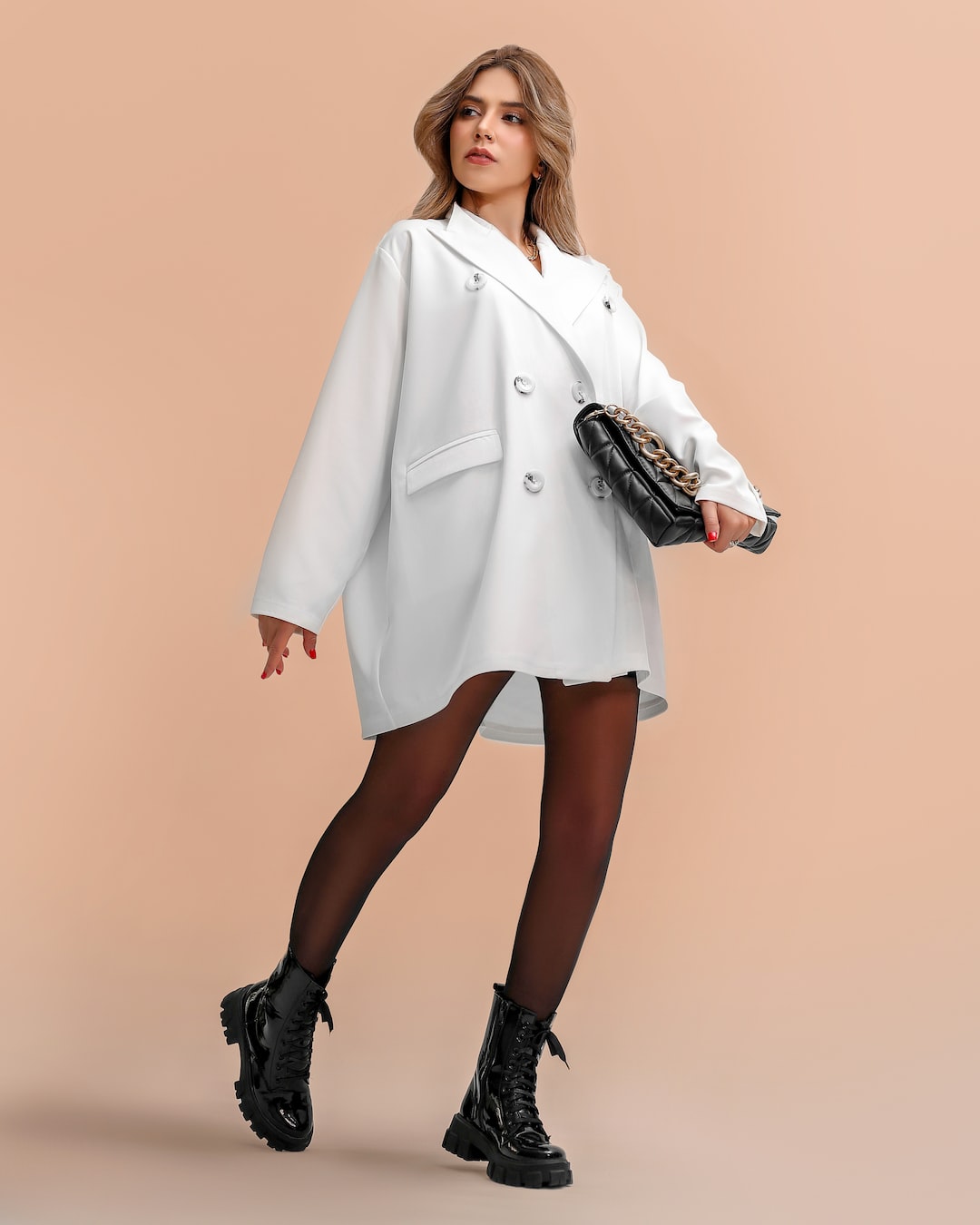Clothing is more than just a way to cover and protect our bodies; it’s a form of self-expression that allows us to communicate who we are to the world. From colorful patterns to tailored suits, the clothes we wear reflect our personality, social status, and even our mood. But does our clothing choice affect more than just our outward appearance? Research shows that our fashion choices impact our behavior and perception in significant ways.
First, let’s consider how clothing shapes our behavior. Studies have found that individuals tend to behave differently when they’re wearing different types of clothing. For example, a person who’s dressed in athletic clothes is more likely to engage in physical activity or participate in a sports-related event. In a similar vein, someone who’s wearing a uniform or formal attire is more likely to behave professionally and exhibit a sense of responsibility. Even the colors and patterns of our clothing can influence our behaviors. Bright colors like red have been linked to increased confidence and physical energy, while dark colors like black can make us feel more serious and reserved.
Clothing choice also has an impact on social perception. In other words, the clothes we wear affect how others perceive and interact with us. Research has shown that people are more likely to trust individuals who are dressed professionally. Those who dress in a more relaxed or casual manner may not be taken as seriously in professional settings or may be seen as less capable or intelligent. Similarly, individuals who are dressed provocatively are often viewed as more sexually available or promiscuous.
Beyond social impressions, clothing can also impact our own self-perception. When we dress well or in a way that makes us feel good, we tend to feel more confident, empowered, and competent. On the other hand, when we feel uncomfortable in our clothing or are not happy with our appearance, it can lead to negative self-perception and lowered self-esteem.
The psychology of fashion is not just limited to the everyday clothing we wear. Even dressing up in a costume or donning a uniform for a particular event can affect our behavior and perception. Cosplay, for example, allows individuals to adopt a different persona which can lead to positive changes in behavior, such as increased social interaction and improved self-confidence.
In summary, the psychology of fashion is a complex and fascinating subject that goes beyond just the clothes on our backs. Clothing choices affect our behavior, social perception, and even our self-perception. Knowing how to dress in a way that is appropriate, professional, and comfortable can have a positive impact on our lives. Ultimately, fashion is a powerful tool that allows us to express ourselves and connect with others on a deeper level.

